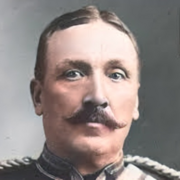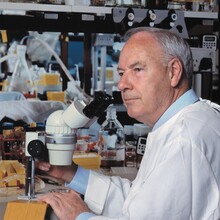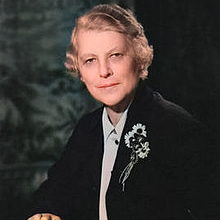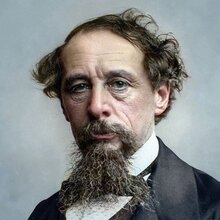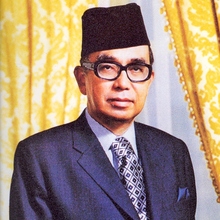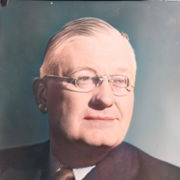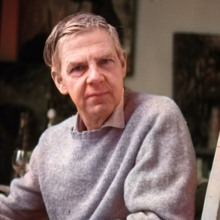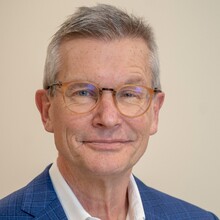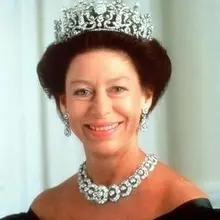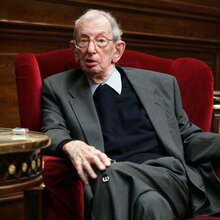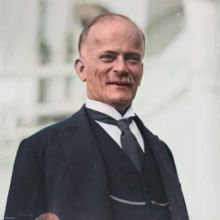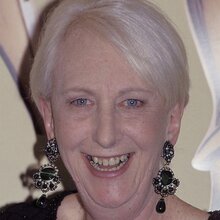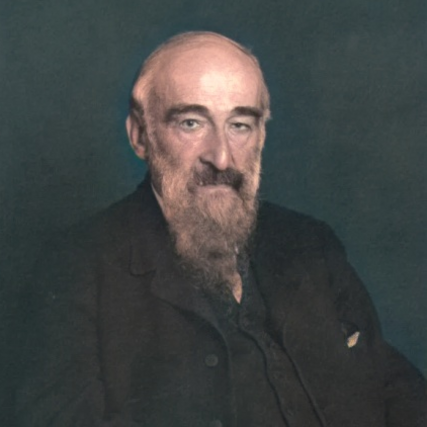
Personal
Other names:
Job / Known for:
Metaphysics, philosophy of religion
Left traces:
Books and articles on emergent evolution
Born
Date:
1859-01-06
Location:
AU
Sydney, New South Wales
Died
Date:
1938-09-13 (aged 79)
Resting place:
GB
Oxford Crematorium, Oxfordshire, England
Death Cause:
Cancer
Family
Spouse:
Joan Meredith (m. 1947)
Children:
Penny, Catriona, Fiona, David and Charles Mackie
Parent(s):
Alexander Mackie and Annie Burnett Duncan Mackie
QR Code:
Show More
Rank
Users ranking to :
Thanks, you rate star
Ranking
5.0
1
About me / Bio:
Show More
Article for Samuel Alexander
Died profile like Samuel Alexander
Comments:

